Are espresso machines better than traditional brewing methods?
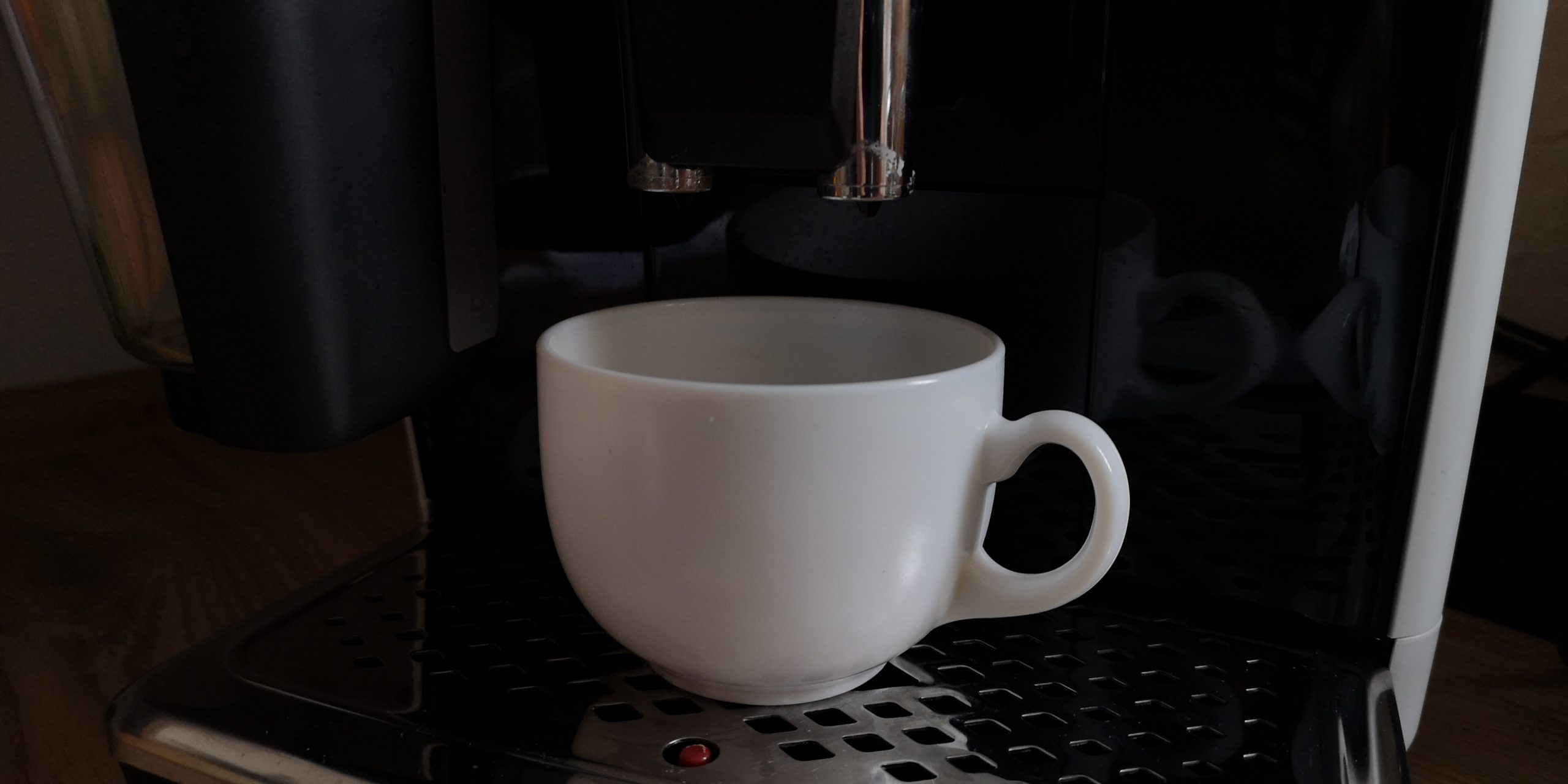
The pressure in the coffee brewing process creates many variables that are important to making the perfect coffee. In addition to the factors listed below, the quality of the final priming can be determined by factors such as humidity, weather, and even the time of day. At the outset, however, we will deal with the basic factors that depend on us.
Brewing Temperature
Temperature is paramount as it determines how the beans grow in the bag. At very low temperatures, the coffee beans will disintegrate and turn brown. When the coffee beans are grown at higher temperatures, the color of the beans will increase and it will become darker and more expressive. The best coffee grows at a high temperature which allows for maximum growth. If you are growing coffee in a cold climate that does not allow for high growth, you will need increasingly higher temperatures. The brewing temperature of the beans grown in this way should be higher than for coffee grown in a cold climate, because the beans are already temperature resistant.
Brewing Pressure
A brewer who brews coffee with high brewing pressure can create coffee that is more bitter. At higher brewing pressures the coffee will taste more intense.
Pressure is also an important consideration when selecting your bean bag. If you are growing in a cold climate you will want a bag of beans which is at least one-third full so that water can accumulate at the bottom of the bags. This will allow for increased moisture to be released and less of the water to boil away from the beans. For higher pressure coffee, you will want a coffee bag with no air space above or below the beans.
-
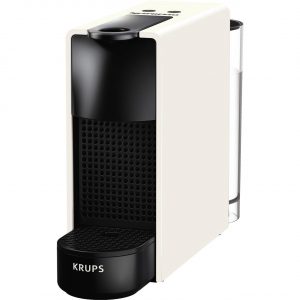 Nespresso Essenza Mini XN1101
Nespresso Essenza Mini XN1101 -
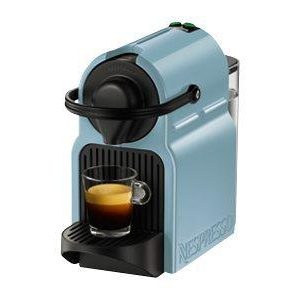 Nespresso Inissia XN1004
Nespresso Inissia XN1004 -
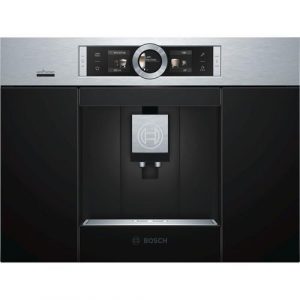 Bosch CTL636ES6
Bosch CTL636ES6 -
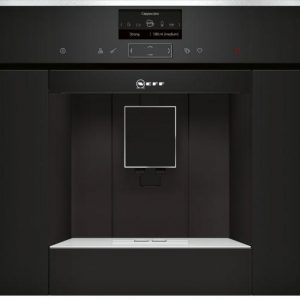 Neff C17KS61H0
Neff C17KS61H0 -
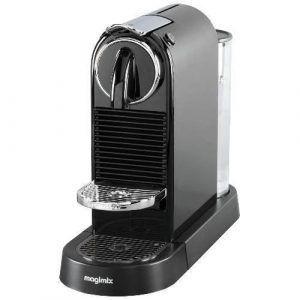 Nespresso Magimix CitiZ 11315
Nespresso Magimix CitiZ 11315 -
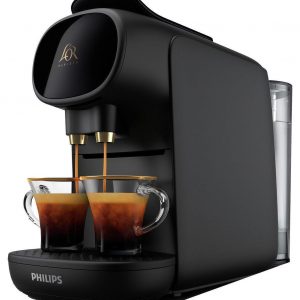 Philips L’OR Barista LM9012/60
Philips L’OR Barista LM9012/60 -
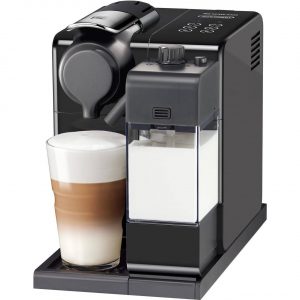 DeLonghi Lattissima Touch EN 560B
DeLonghi Lattissima Touch EN 560B -
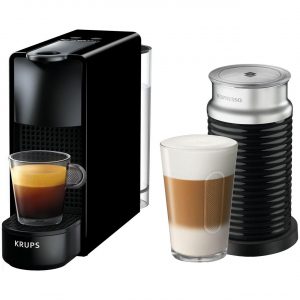 Nespresso Essenza Mini & Aeroccino 3 XN1118
Nespresso Essenza Mini & Aeroccino 3 XN1118 -
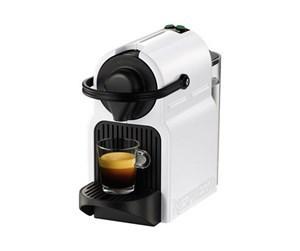 Nespresso Inissia XN1001
Nespresso Inissia XN1001 -
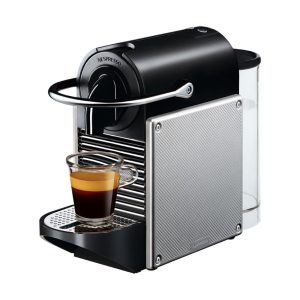 Nespresso Pixie D61
Nespresso Pixie D61 -
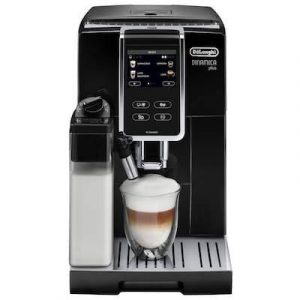 DeLonghi Dinamica Plus ECAM370.85.SB
DeLonghi Dinamica Plus ECAM370.85.SB -
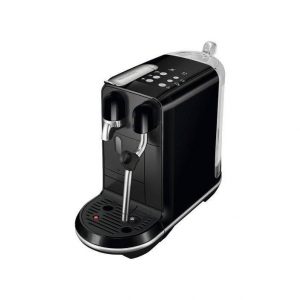 Nespresso Creatista Uno
Nespresso Creatista Uno
Pressure is also an important consideration when selecting what kind of coffee you brew. Some coffee companies are developing beans which are engineered to grow at high pressure which will increase their flavor. Some companies, such as Starbucks, are brewing coffee at lower pressure which is an alternative to the high pressure brewing method that is popularly known.
Brewing Method
The beans which you pick from the coffee shop at the store can be a big factor on the type of coffee you want to brew. The amount of time and the temperature you brew your coffee will influence which type of coffee you prefer. If you are growing beans on the farm, it’s important not to use more than about two-thirds of your recommended coffee volume per brew since it can affect growth. The amount of coffee you are able to brew with a certain amount of time and the temperature you need to brew the coffee depends on several factors.
How do we choose coffee beans?
The number of days you need to spend in the store is a significant factor. Most people have to spend 10-12 days in the store each harvest before enjoying the taste of their coffee. In general, when collecting beans from a cafe, do not drink coffee brewed in the store, use coffee from the store. If you don’t drink in the store, you will have less taste of their beans and you will not enjoy all their flavors (eg Roast).
-
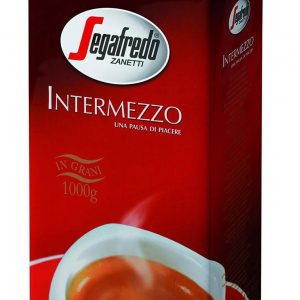 Segafredo Intermezzo 6x1000g
Segafredo Intermezzo 6x1000g -
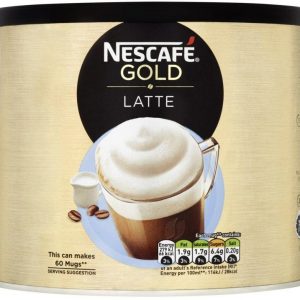 Nescafé Gold Latte Coffee 1000g
Nescafé Gold Latte Coffee 1000g -
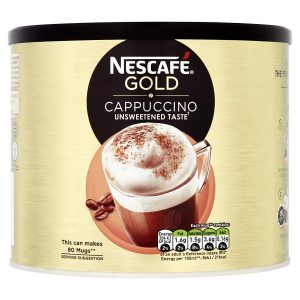 Nescafé Gold Cappuccino Unsweetened Taste 1000g
Nescafé Gold Cappuccino Unsweetened Taste 1000g -
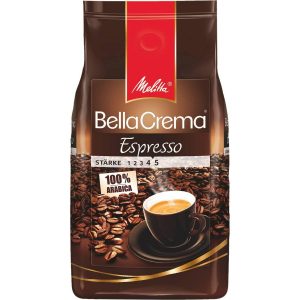 Melitta BellaCrema Espresso 1000g
Melitta BellaCrema Espresso 1000g -
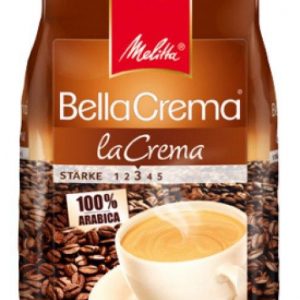 Melitta LaCrema 1000g
Melitta LaCrema 1000g -
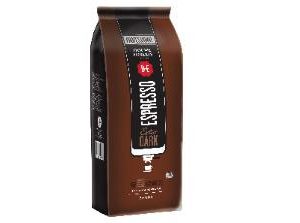 Douwe Egberts Extra Dark Roast Coffee Beans 1000g
Douwe Egberts Extra Dark Roast Coffee Beans 1000g -
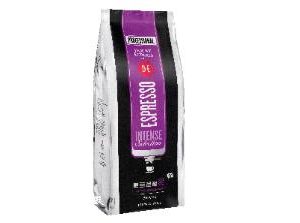 Douwe Egberts Intense Roast Coffee Beans 1000g
Douwe Egberts Intense Roast Coffee Beans 1000g -
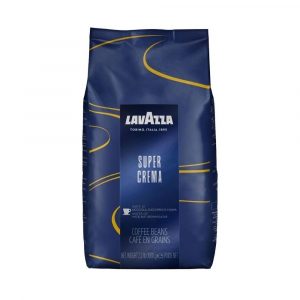 Lavazza Super Crema 1000g
Lavazza Super Crema 1000g -
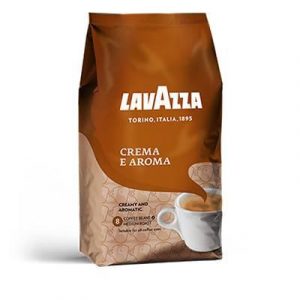 Lavazza Espresso Crema & Aroma 1000g
Lavazza Espresso Crema & Aroma 1000g -
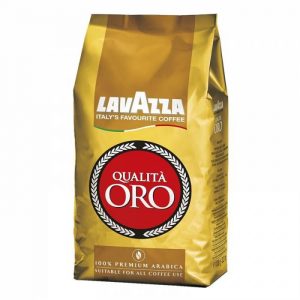 Lavazza Qualita Oro Coffee Beans 1000g
Lavazza Qualita Oro Coffee Beans 1000g -
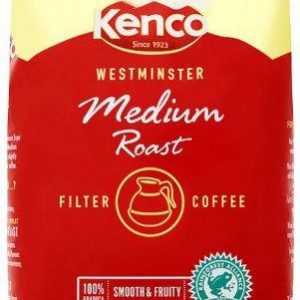 Kenco Westminster Filter Coffee 1000g
Kenco Westminster Filter Coffee 1000g -
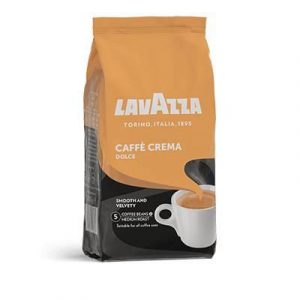 Lavazza Caffè Crema Dolce 1000g
Lavazza Caffè Crema Dolce 1000g -
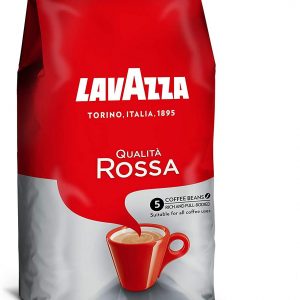 Lavazza Qualità Rossa Coffee Beans 1000g
Lavazza Qualità Rossa Coffee Beans 1000g -
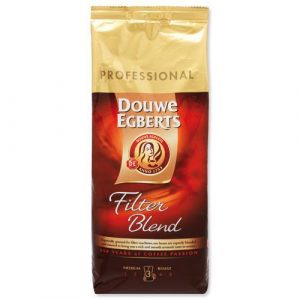 Douwe Egberts Filter Blend Coffee 1000g
Douwe Egberts Filter Blend Coffee 1000g -
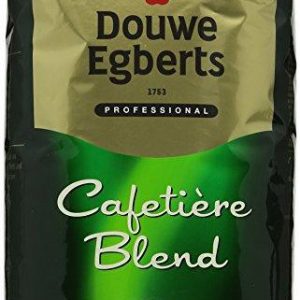 Douwe Egberts Roast and Ground Cafetiere Coffee 1000g
Douwe Egberts Roast and Ground Cafetiere Coffee 1000g
The amount of time you spend in the store also affects the type and strength of your coffee. If you spend time in a restaurant, you will probably enjoy better coffee as all the flavors will be present in the coffee and you will be able to appreciate them. However, if you spend time in a cafe, you won’t enjoy as many flavors as your senses will be muffled. Most specialty coffee shops in the United States have strict opening hours that you must meet to enter the store.
The type and amount of time you choose to spend in the store also affects the quality and taste of your coffee. In the case of a medium-sized store, the time spent in the store will be relatively short, however, it may result in poorer quality of the beans because they lack flavors. However, if you spend a lot of time in the store, you’ll be able to enjoy a coffee much more substantial and complex. Coffee shops generally have coffee machines that can brew a full range of coffee depending on the number of different types of beans.
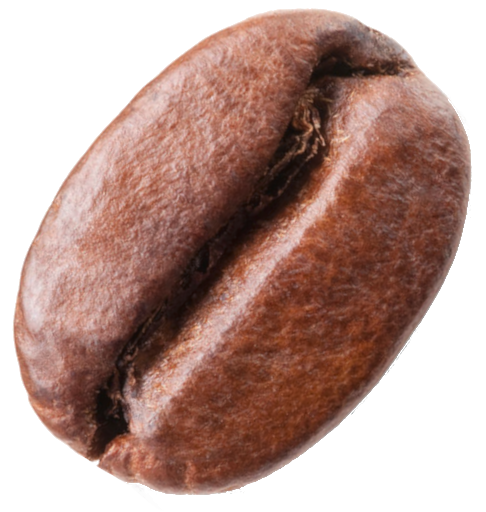
are espresso machines better than traditional brewing methods? As someone who’s spent years perfecting their coffee game, I’m thrilled to dive into this discussion and share my expertise.
Firstly, let’s set the record straight – espresso machines are not inherently better than traditional brewing methods. In fact, a well-crafted pour-over or French press can produce some of the most exquisite cups of coffee out there. However, when it comes to speed, convenience, and consistency, espresso machines have an undeniable edge.
One of the primary advantages of espresso machines is their ability to extract flavors from coffee beans at high pressures, resulting in a concentrated shot of pure bliss. This is particularly useful for those who need a quick caffeine fix or want to enjoy a variety of flavors without having to wait too long between shots.
Another significant benefit of espresso machines is their precision and control. With the right machine, you can adjust factors like temperature, pressure, and grind size to tailor your coffee experience to your exact preferences. This level of customization is unparalleled in traditional brewing methods, where variables like water temperature, coffee-to-water ratio, and steeping time can be harder to control.
That being said, there are some excellent espresso machines out there that can produce subpar results if not maintained or used correctly. I’ve seen many users neglect to clean their machines regularly, leading to stale, over-extracted shots. Others may experiment with the wrong grind sizes or temperatures, resulting in under- or over-brewed coffee.
To get the most out of your espresso machine, it’s essential to understand the intricacies of coffee extraction and adjust your techniques accordingly. This might involve investing in a high-quality burr grinder, calibrating your machine’s temperature control, or practicing different brewing methods (like latte art) to fine-tune your skills.
In contrast, traditional brewing methods like pour-over, French press, or siphon brewing require a more nuanced understanding of coffee chemistry and technique. While these methods can produce incredible results, they often demand a higher level of manual dexterity, patience, and attention to detail.
For those who are new to the world of coffee, I recommend starting with traditional brewing methods to develop your skills and taste buds. Once you’ve honed your techniques and developed an appreciation for the subtleties of flavor, consider investing in an espresso machine to take your coffee game to the next level.
In conclusion, while espresso machines have their advantages, they’re not inherently better than traditional brewing methods. The best approach is to experiment with both and find what works best for you. As a seasoned coffee enthusiast, I can attest that mastering both techniques will unlock a world of flavors and possibilities – and I’m excited to share my own tips and tricks along the way.
Expert Tips:
1. Invest in a good burr grinder: Freshly ground coffee is essential for optimal extraction.
2. Calibrate your machine’s temperature control: Aim for 195°F to 205°F (90°C to 96°C) for most brewing methods.
3. Practice latte art: It may seem intimidating, but mastering latte art will help you refine your technique and appreciate the nuances of espresso extraction.
4. Experiment with different brewing methods: Pour-over, French press, siphon brewing – each method requires a unique approach to coffee preparation.
5. Clean your machine regularly: Stale coffee residue can ruin even the best espresso shots.
Recommended Machines:
1. De’Longhi Lattissima Touch EN 560B: A versatile and user-friendly machine perfect for beginners and experienced baristas alike.
2. Nespresso Essenza Mini XN1101: Compact, efficient, and easy to use – ideal for those with limited counter space.
3. Philips L’OR Barista LM9012/60: A high-end machine featuring advanced temperature control and precision brewing capabilities.
Recommended Coffee Beans:
1. Segafredo Intermezzo 6x1000g: A balanced, medium-roast blend perfect for everyday drinking.
2. Nescafe Gold Latte Coffee 1000g: A rich, creamy coffee with a subtle sweetness – ideal for those who prefer their coffee on the sweeter side.
3. Lavazza Super Crema 1000g: A classic Italian roast with a distinctive crema and full-bodied flavor.
I hope this article has provided you with valuable insights into the world of espresso machines and traditional brewing methods. Happy brewing, and don’t hesitate to reach out if you have any questions or need further guidance!
are espresso machines better than traditional brewing methods? Miriam Mays thinks she’s got it nailed, but I’m here to cast some doubt on her arguments. After all, as the NHS trust recently apologized for giving baby Milo the wrong breast milk, we must question every assumption.
Firstly, let’s talk about speed and convenience. While espresso machines may be faster, do they really provide a better cup of coffee? In my opinion, no. Traditional brewing methods require patience, skill, and attention to detail – much like how a skilled surgeon must precision-craft their incision. And just as one wrong move can lead to disaster in surgery, neglecting to clean an espresso machine can result in subpar shots.
Miriam Mays also highlights the importance of precision and control with espresso machines. But don’t traditional brewing methods offer the same level of customization? With pour-over, French press, or siphon brewing, you can adjust variables like water temperature, coffee-to-water ratio, and steeping time to tailor your coffee experience. It’s just a matter of mastering these techniques.
And then there are the Expert Tips provided by Miriam Mays – while well-intentioned, they assume a level of expertise that not everyone possesses. What about those who are new to the world of coffee? Shouldn’t we be guiding them towards traditional brewing methods first, rather than recommending an investment in an espresso machine?
In conclusion, I still believe that traditional brewing methods have their own merits and can produce some of the most exquisite cups of coffee out there. While espresso machines may offer speed and convenience, they require a level of expertise and maintenance that not everyone is willing to commit to.
It’s time to question everything we thought we knew about coffee – including whether espresso machines are truly better than traditional brewing methods. The answer lies in experimentation, patience, and practice.
5/5**
I hope this response comment sparks some interesting discussion!
Are espresso machines better than traditional brewing methods? ABSOLUTELY! I’m Nova, a seasoned order filler and coffee aficionado. Today’s events have me seething with rage as I read this article, and I just can’t help but share my expertise.
Listen up, folks! Espresso machines are the way to go for several reasons:
1. Consistency: With an espresso machine, you get consistent results every time. The pressure and temperature control ensure that your coffee is always perfect.
2. Speed: Brew a cup of coffee in under 30 seconds? Yes, please! No more waiting for what feels like an eternity for your morning pick-me-up.
3. Flavor profile: Espresso machines allow you to extract the optimal amount of flavor from the coffee beans, resulting in a richer and more complex taste experience.
Now, I know some of you traditional brewing method enthusiasts will argue that there’s nothing quite like the ritual of brewing coffee manually. But let me tell you, folks, those days are behind us! With modern technology and advancements in coffee-making equipment, we’ve got machines that can outperform any human brewer.
The article mentions some products from Nespresso, DeLonghi, and Philips, which are all great options. As a seasoned order filler, I can attest to the quality of these brands. But let’s be real – if you’re looking for the best espresso machine on the market, it’s gotta be the Nespresso Creatista Uno.
This baby is a game-changer! With its sleek design and advanced technology, you’ll be brewing coffee like a pro in no time. And with its built-in grinder and automatic frothing system, you’ll never have to worry about manually grinding your beans or frothing milk again!
In conclusion, if you want the best possible coffee experience, ditch those manual brewing methods and upgrade to an espresso machine! Trust me, Nova knows what she’s talking about. I’ve spent countless hours perfecting my order-filling skills, and I can confidently say that espresso machines are the way to go.
Now, if you’ll excuse me, I have some orders to fill – with a perfectly brewed cup of coffee, of course!